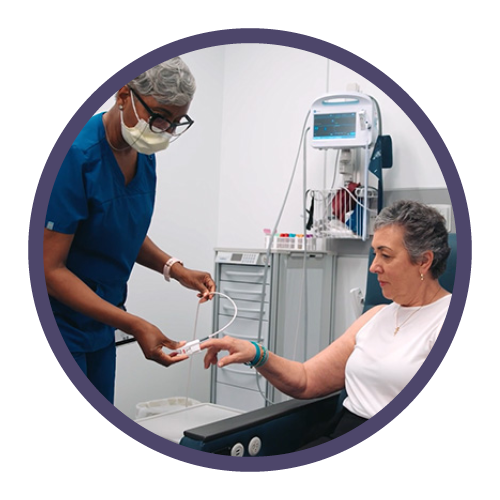Transforming Gynecologic Cancer Care for Georgia Women
Winship offers clinical trials and leading-edge care as regional “powerhouse” in the field

After Dianne Sacks was diagnosed with ovarian cancer at her local hospital in late 2021, she proceeded through standard treatments, surgery and chemotherapy.
“I seemed to respond pretty quickly to the chemotherapy,” she says. But after six months, her tumor markers began to rise again, signaling the need for something beyond the standard of care.
“My doctors didn't have much confidence in the next step and thought that I might benefit from joining a clinical trial,” Sacks, now 78, recalls. “That’s how we ended up at Emory. My brother, who’s at the University of Texas at Houston, found out about Dr. Modesitt from folks at MD Anderson, and he referred me to her.” Winship gynecologic oncologist Susan C. Modesitt is professor and chair in the Department of Gynecology and Obstetrics at Emory University School of Medicine.
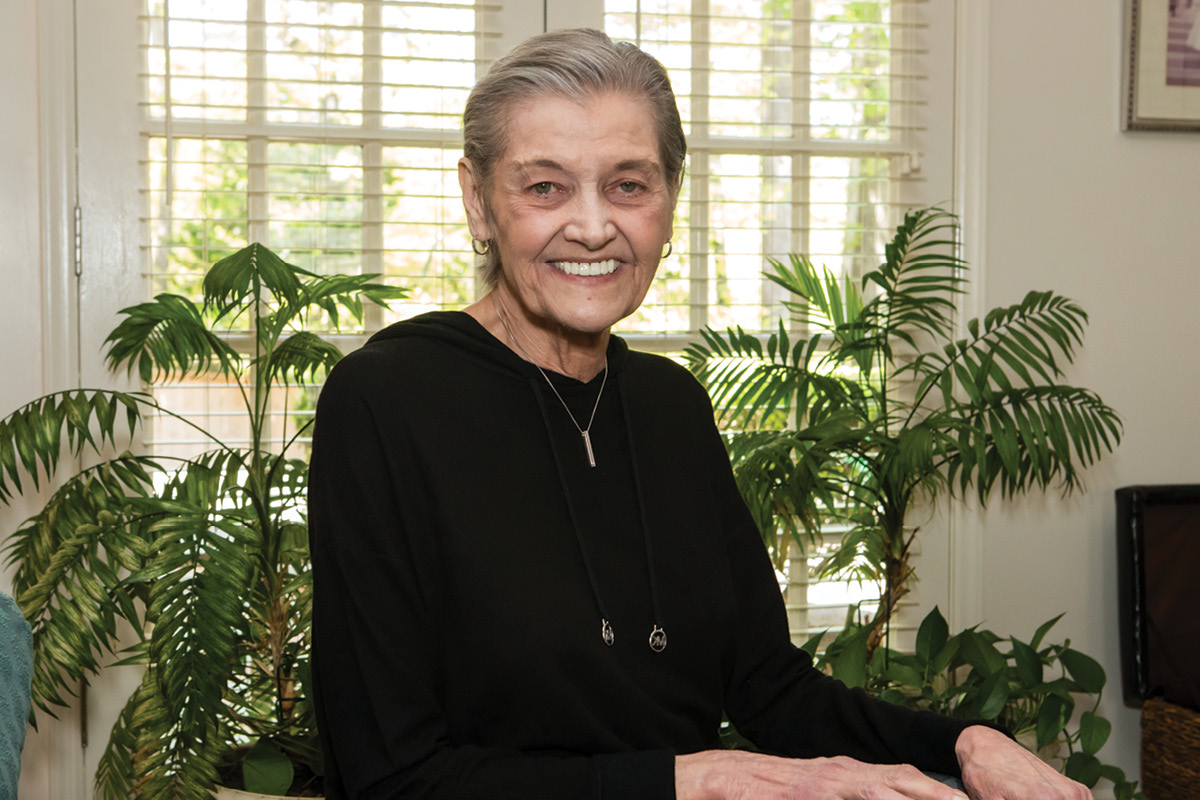
Dianne Sacks
“It feels good to have access to clinical trials, especially under wise eyes like Dr. Modesitt’s,” Sacks says. “Winship has more tools in the tool chest.”
Tasked with growing Winship’s gynecologic cancer program
Modesitt, who is also the editor-in-chief of the journal Gynecologic Oncology Reports, joined Winship Cancer Institute of Emory University in 2022. Her task: turn a small gynecologic cancer program into a regional research powerhouse. She is well on her way, with an expanded faculty, multiple clinical trials and a high-risk comprehensive care center all newly—or nearly—at fruition.
“We started off with four faculty. We are up to seven. We started with one clinical trial. We are up to 15 or 20,” Modesitt says. Some of those trials are led by in-house faculty; others are nationwide studies with enrollment sites at Winship, like the two that Sacks was able to join.
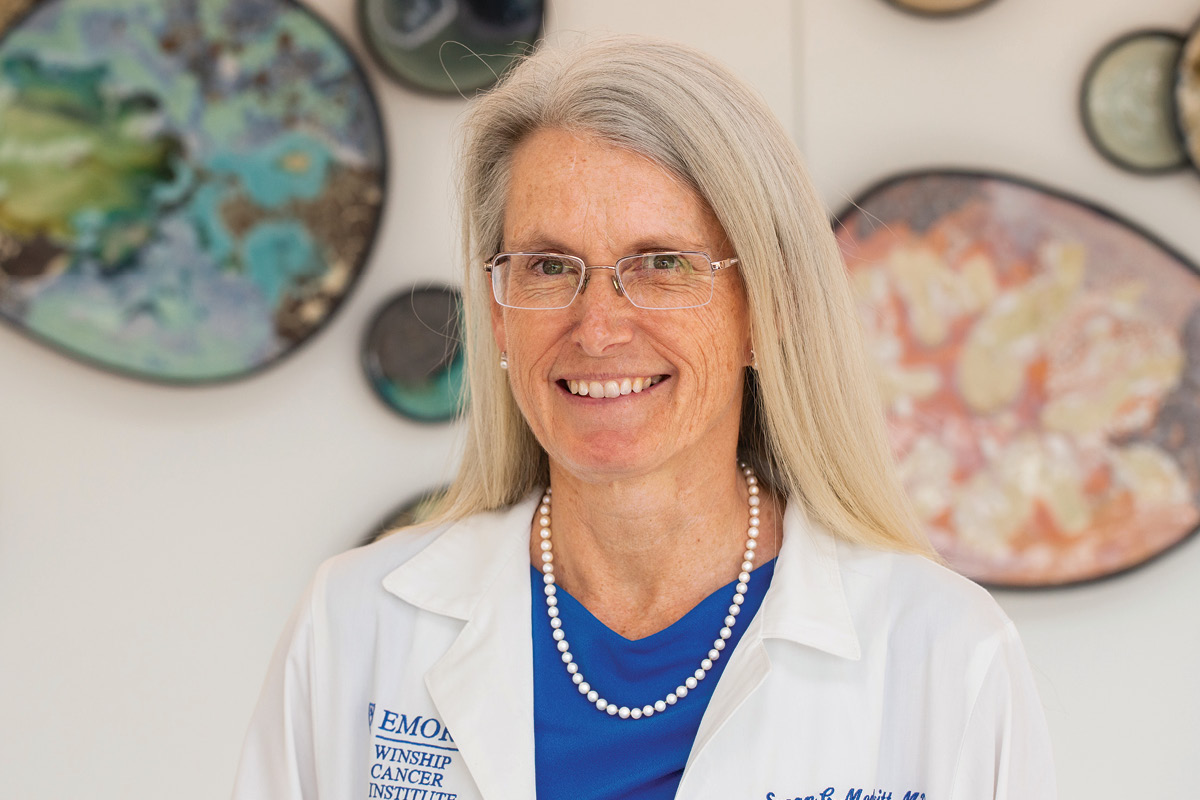
Susan C. Modesitt
“I’m collaborating with a lot of other physicians, pharmacists and other training programs to make sure my fellows are getting exposed to all different aspects of oncology,” Dilley says. The first accepted fellow developed a study, now funded and enrolling patients, looking at preventing neuropathy, the painful nerve damage that’s a common chemotherapy side effect.
Modesitt says her goal is to make Winship the national leader in gynecologic cancer treatments and innovation, while bolstering the care available to the diverse, historically underserved population in the Atlanta metro area and the southeast more broadly.
“It’s all kind of coming together,” she says.
Clinical trials
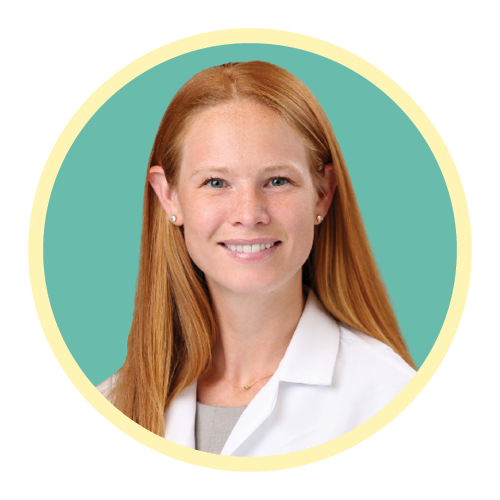
Beryl Manning-Geist
“There’s a real energy and excitement around bringing that innovation to a different patient population, to people who are not necessarily in Boston or New York,” says Winship gynecologic oncologist Beryl Manning-Geist, an Emory medical school Woodruff Scholar alumna whom Modesitt recruited back after Manning-Geist's advanced training at Harvard and Memorial Sloan Kettering. Manning-Geist, an assistant professor in the Division of Gynecologic Oncology within the medical school’s Department of Gynecology and Obstetrics, is now working on opening a secondary site for a clinical trial she helped start at Sloan Kettering, bringing her work home to Winship.
The trial takes a precision medicine approach to low-grade serous ovarian cancer, a rare, mostly chemo-resistant form of the disease that tends to occur disproportionately in younger patients. Although researchers know the standard treatment lacks clinical efficacy, patients are often subjected to multiple rounds of chemotherapy before becoming eligible to enroll in clinical trials for other options. That is, patients are subjected to punishing rounds of chemo even though doctors know it’s unlikely to help them. Manning-Geist’s trial skips right to the experimental therapies.

Namita Khanna
For platinum-resistant ovarian cancers—cases where multiple ‘sledgehammers’ have failed—researchers are exploring new strategies. Namita Khanna, an associate professor and director of the pelvic surgery fellowship in the Department of Gynecology and Obstetrics at Emory University School of Medicine, is running a pilot study repurposing an antifungal medication, atovaquone, to see if it helps inhibit disease progression. She notes a similar ongoing study using metformin, a commonly used type 2 diabetes medication, to treat endometrial cancer.
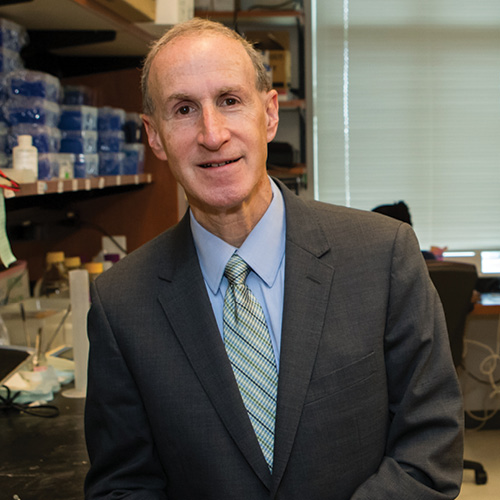
David A. Frank
“We are expanding our research portfolio pretty quickly,” Khanna says, with the goal of being able to offer every Winship gynecologic oncology patient access to a clinical trial. “As a division, we’re working hard to bring more trials to patients.”
Collaborative care for high-risk patients
Besides expanding access to clinical trials, the department recently launched a collaborative clinic in Decatur for patients at high-risk for breast and gynecologic cancers. Modesitt built a similar program during her tenure at the University of Virginia and was eager to offer the same coordinated patient services at Winship.
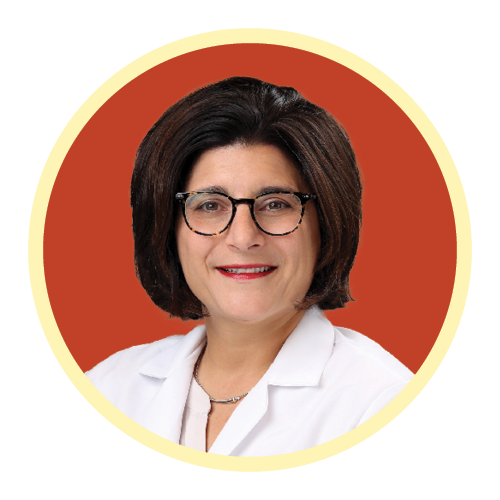
Jennifer M. Scalici
Scalici describes the new clinic as “a place where there is time and space to really counsel patients about the gravity of some of these genetic mutations.” She adds, “I’m very excited about it. It’s a need in the community.”
In addition to leading the new clinic, Scalici is completing a Department of Defense-funded study looking at using chemoprevention to interrupt the development of ovarian cancer in hens, the only other species aside from humans with ovaries in which the disease spontaneously develops. The bulk of the research was conducted at the University of South Alabama, Scalici’s prior institution, and she is now leading the data analysis at Winship.
“The problem in studying ovarian cancer in women is it’s a relatively rare disease and, in a hen model, it’s super common,” Scalici explains, noting that hens ovulate daily, accelerating any potential cancer growth. Its rarity in humans is fortunate, but also means limited data exists to guide care.
Scalici hopes her research will eventually yield better surveillance tools for high-risk patients, like targeted screenings that catch cancers early, or before they even develop. “It really is the bench-to-bedside model,” she says.
Data diversity
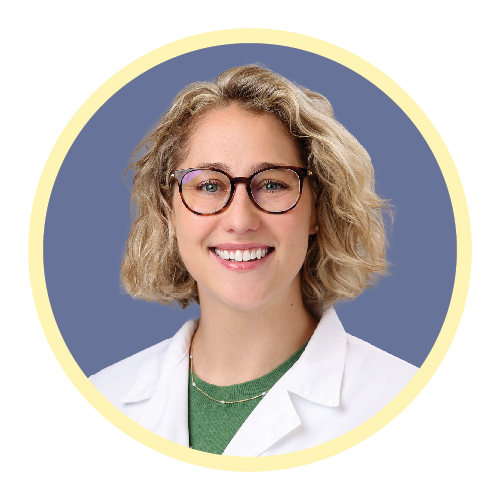
Sarah Dilley
“There are lots of other institutions who want to collaborate with us because of data diversity,” Dilley says. For instance, she notes that half of the patients with endometrial cancer in Winship’s database are Black women, a resource that’s “unheard of.”
Black women with endometrial cancer are more likely to develop more aggressive versions of the disease, making their inclusion in research vital to addressing disparities in this—and other types of—cancer.
“There’s this subset of really aggressive types of cancers that are much more prevalent in African American patients,” Modesitt says.
Dilley adds, “We need to learn more about why this is happening to our patients, and we need to understand the nuances of their particular experiences.”
The growing gynecologic oncology team is united in their commitment to increasing patient care resources and to their role—unique in the oncology field—of caring for patients throughout their course of treatment.
“Gynecologic oncology is unique because we are able to care for our patients throughout their care continuum—from surgery to chemotherapy and beyond,” says Modesitt. “It’s a privilege to care for women who have so often spent their lives caring for others.”
Modesitt has a special tie to the patients in this community. She began her academic career at Emory as an undergraduate Woodruff Scholar, where she met her husband, “a Georgia boy.” Her medical training and career subsequently took her to Virginia, North Carolina, Kentucky and Texas, but she promised him they would return to Georgia one day.
“I have a huge loyalty to Emory,” she says. “Even when I could only give ten bucks because I had no money, I gave back every year.” She continues giving back, by expanding access, increasing resources and leading a team focused on better outcomes for patients with gynecologic cancers.
“I love talking about how much work we have done to really transform the care that’s available to the women of Georgia,” Modesitt says.
For Dianne Sacks and her husband, Alan, who have been married for 40 years and are enjoying retirement after long public service careers before the cancer diagnosis, having cutting-edge care a short drive away has allowed her to continue focusing on living in between treatments and appointments.
“You have to keep going. You can’t just give it up,” Sacks says.
“It's been good to have access to those studies,” Sacks continues. “I would do a trial again if the doctor found one that she’d recommend.” In the meantime, she continues the regular scans and treatment tweaks that bookend the months for someone living with active disease—and occupy the minds of their dedicated care team members. “Dr. Modesitt is thinking about what the next step can be.”
Kira Goldenberg is a writer and psychotherapist in San Francisco.
